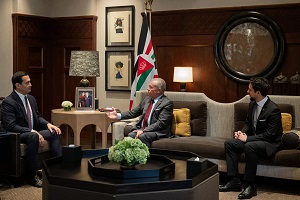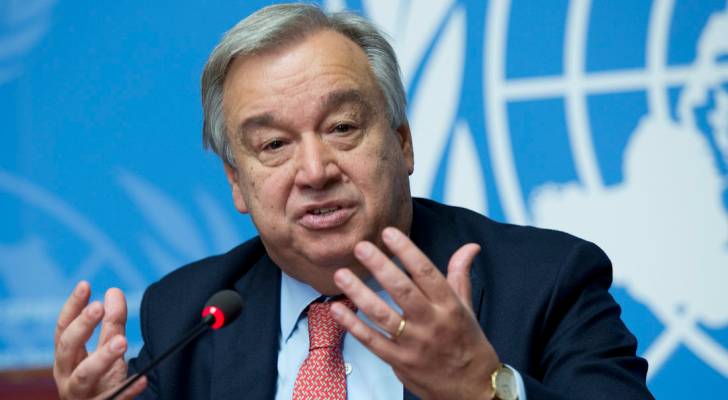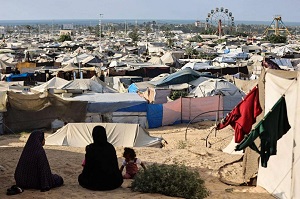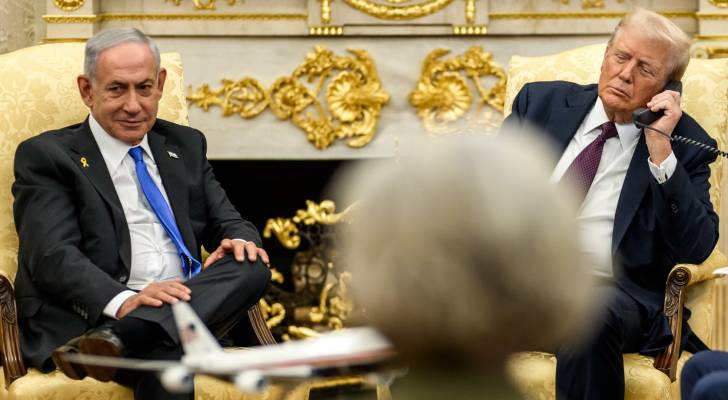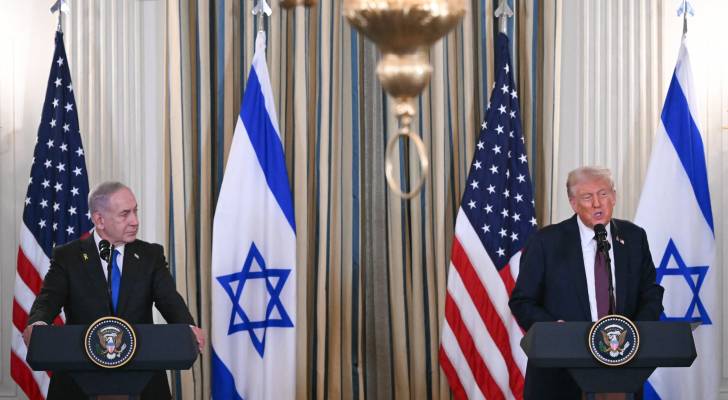The absence of a party map in Jordan and its political impact - By Hasan Dajah, The Jordan Times
The absence of a clear party map in Jordan is a prominent feature of the national political landscape, a fact that is also reflected in its image abroad. Despite decades of party pluralism and the opening of the way for political forces to form their own parties and platforms, the party landscape remains fragmented and ineffective, with no strong, established movements capable of truly influencing national decision-making or formulating a cohesive presence on the international stage.
This has made party pluralism more of a formal framework than a practical practice built on a broad popular base.The weakness of the party structure in Jordan is linked to intertwined historical, political, and social factors. Since the period of martial law, party life has been subject to restrictions that have impacted its growth, and this impact has persisted even after the establishment of parties was opened.
Political participation has largely remained individual or tribal, rather than partisan, which has made parliament often reliant on local loyalties and individual interests rather than national platforms. This reality has eroded citizens' trust in political parties and weakened their ability to attract young people and women, despite their significant representation in society.
Furthermore, limited financial resources and a favorable legislative and electoral environment conducive to programmatic competition have prevented the vibrancy of the political landscape from forming parties capable of establishing a strong presence.
At the national level, the absence of a clear party map has had an impact on the path to political reform. Forming parliamentary governments remains a difficult goal to achieve considering a fragmented party landscape. In the absence of strong and effective parties, the political process remains more closely tied to individual interactions and temporary blocks, diminishing parliament's effectiveness as a representative authority capable of expressing community interests and formulating public policy. Therefore, any process of political modernization or democratic development requires the presence of institutionalized parties that translate citizens' demands into practical, implementable policies and programs.
Abroad, the limited role of political parties has meant that Jordan's image in regional and international forums is often confined to the official performance of the government and its diplomatic tools, without a parallel party voice emerging that reflects the diversity of society or offers alternative visions that contribute to the formulation of a more comprehensive political picture.
In the experiences of other countries, parties, whether in government or opposition, play a complementary role to official politics, but this dimension remains weak in the Jordanian case, limiting the external scene to a single dimension and limiting the added value that the presence of strong parties can provide.
Nevertheless, the state has recently begun to recognize the importance of addressing this aspect and has launched political modernization projects aimed at strengthening and supporting party activity. However, restoring trust between citizens and political parties requires time and sustained effort, after decades of limited influence and a disconnect between party discourse and the daily needs of society.
In this context, amending laws or enacting new legislation is not sufficient; it also requires establishing a political culture based on a genuine belief in the role of parties in reform and change, away from viewing them as mere formal frameworks or confined to a narrow circle of elites.
The parties themselves also bear a significant responsibility in developing their internal structure and renewing their discourse. They are required to move from generalities and vague slogans to proposing practical programs that address citizens' priorities, such as employment, economic development, improving health and education services, and addressing poverty issues. Gaining public confidence requires concrete, practical proposals and greater openness to the grassroots, so that parties become tools for expressing societal concerns rather than remaining disconnected from the pulse of the public.
This is particularly important for youth and women, who constitute a key lever for any political modernization process. The absence of strong parties deprives these groups of effective organizational tools for participation, pushing some of them to express themselves through unorganized channels or through scattered protests.
Therefore, empowering youth and women through political engagement, a key focus of the state's modernization vision, can transform these energies into a positive, constructive force that enhances stability and advances political development.
It can be argued that the absence of a cohesive party map not only weakens the national political landscape but also reduces Jordan's ability to present a more balanced and democratic image abroad. Overcoming this challenge requires an integrated approach between the state's will, the parties' efforts to improve their performance, and the involvement of all segments of society in supporting party life. Building a strong and effective party landscape is the natural gateway to consolidating democracy and enhancing Jordan's image as a stable country capable of dealing with regional and global changes with confidence and competence.
The author is professor of Strategic Studies at Al-Hussein Bin Talal University
